UN population report: Key takeaways for India and the world
Ambedkar Jayanti 2023: Ambedkar, Gandhi and the issue of separate electorates

2023-04-14
09:55 am
652 Views
In India, there exists a system of reservations based on caste that reserves a certain number of seats for individuals who have historically facedsocial and economic discrimination. These reservations are applicable in various domains, including higher education, government jobs, and even political office. All legislative bodies, including Parliament, have a specific number of seats reserved for scheduled castes (SCs) and scheduled tribes (STs).
It is worth noting that reservations were not the only affirmative action mode suggested. Dr BR Ambedkar, for instance, advocated for a separate electorate mode. In the early 1930s, there was a major debate on the matter of separate electorates for lower castes, with Dr Ambedkar and Mahatma Gandhi, two of India's most prominent leaders, standing on opposing sides.
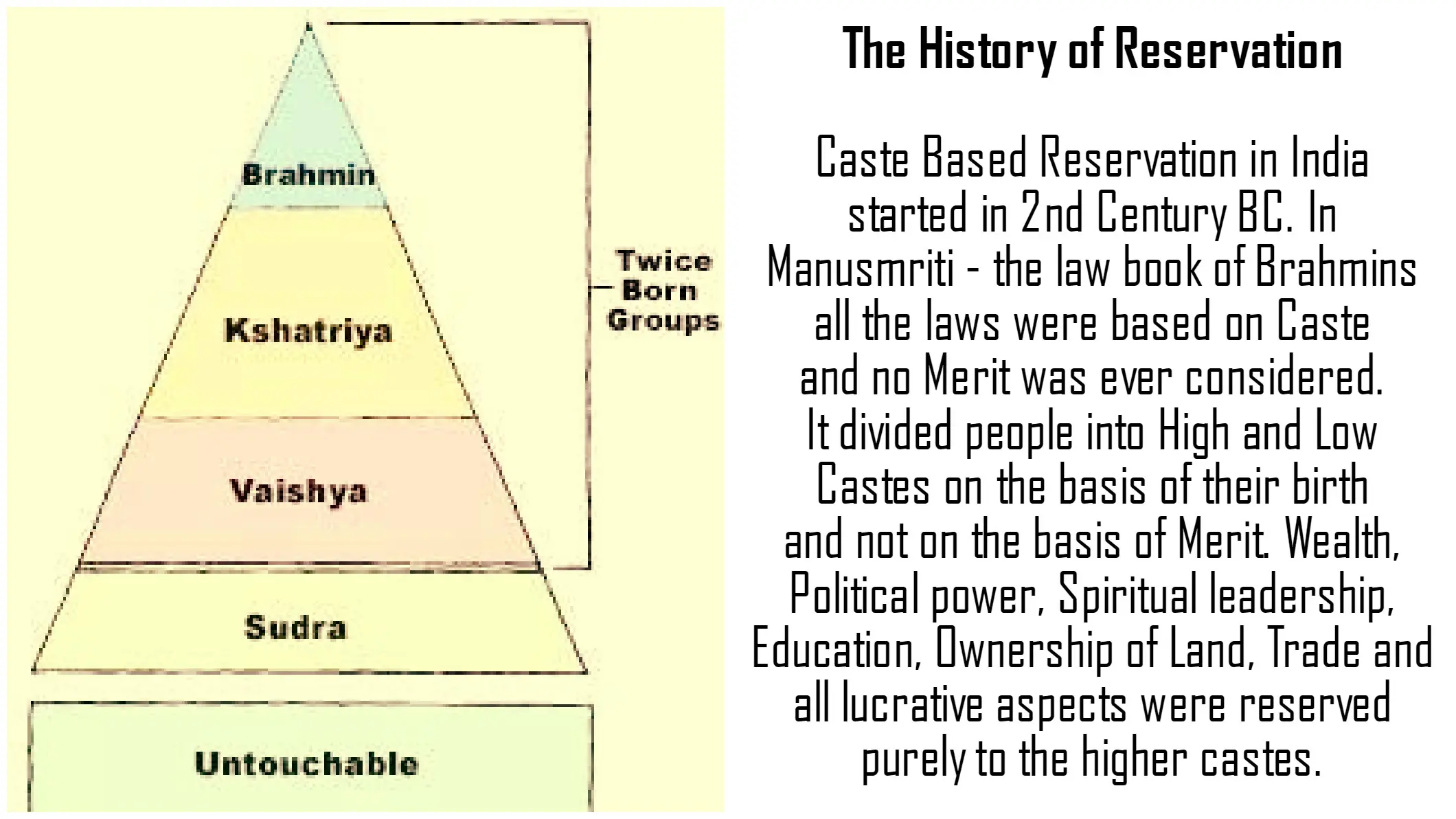
It is worth noting that reservations were not the only affirmative action mode suggested. Dr BR Ambedkar, for instance, advocated for a separate electorate mode. In the early 1930s, there was a major debate on the matter of separate electorates for lower castes, with Dr Ambedkar and Mahatma Gandhi, two of India's most prominent leaders, standing on opposing sides.
Ambedkar’s views on caste
- Ambedkar's views on caste rejected the institution of caste itself, unlike Gandhi who advocated for reforming the caste system by abolishing untouchability.
- Ambedkar saw contemporary upper caste Hindus' reformism as inadequate to undo millennia of discrimination.
- Ambedkar believed that any revolt against the caste system would only be possible after the oppressed rejected their condition and oppression as being divinely ordained.
- Ambedkar's political program emphasized lower castes obtaining political power.
- According to Ambedkar, lower castes could remove their grievances only by getting political power in their hands.
- Ambedkar suggested separate electorates as the form of affirmative action to empower lower castes.
Ambedkar’s arguments for separate electorates
- During the First Round Table Conference in London, Ambedkar stated that the depressed classes were a distinct and separate group, and although they were included among Hindus, they did not form an integral part of that community.
- The depressed classes believed they would not receive any political power unless the political machinery for the new constitution was of a special make.
- Ambedkar advocated for separate electorates with a double vote - one for SCs to vote for an SC candidate and the other for SCs to vote in the general electorate.
- Initially, Ambedkar rejected communal electorates(i.e. separate electorates for Hindus and Muslims) but later changed his position as he realized that while joint electorates could better integrate lower castes into the Hindu fold, they would do little to challenge their subservient position.
- Ambedkar felt that unqualified joint electorates allowed the majority to influence the election of the representatives of the dalit community, thus disabling them from defending their interests against the tyranny of the majority.
Gandhiji’s Opposition
- Gandhi opposed separate electorates as he believed they did not do enough for lower castes. He thought that lower castes should aspire to rule the kingdom of the whole world instead of being restricted to a limited share of seats.
- Gandhi feared that separate electorates would destroy Hinduism by driving a wedge within the community.
- Gandhi understood that the British had exploited internal divisions in Indian society for their own purposes, and separate electorates would only help them continue with their divide and rule policy.
- At that time, there was rising antagonism between Hindus and Muslims. If separate electorates were announced for lower castes in addition to those for Muslims, this would significantly reduce the power that the caste Hindu leadership enjoyed by breaking the consolidated Hindu fold.
Communal Award
- As a result of the Second Round Table Conference, in September 1931, the then Prime Minister of Britain Ramsay MacDonald gave his ‘award’, known as the Communal Award.
- It provided separate representation for the Forward Caste, Scheduled Caste, Muslims, Buddhists, Sikhs, Indian Christians, Anglo-Indians, Europeans and Scheduled Castes.
- The Scheduled Castes were assigned a number of seats to be filled by election from special constituencies in which scheduled castes could vote.
- The Award was controversial as it was believed by some to have been brought in by the British to create social divide among the Hindus. Gandhi feared that it would disintegrate Hindu society.
- However, the Communal Award was supported by many among the minority communities, most notably the leader of the Scheduled Castes, Dr. B. R. Ambedkar.
- According to Ambedkar, Gandhi was ready to award separate electorates to Muslims and Sikhs. But Gandhi was reluctant to give separate electorates to scheduled castes. He was afraid of division inside Congress and Hindu society due to separate scheduled caste representations. But Ambedkar insisted for separate electorate for scheduled caste.
The Poona Pact

- Gandhi began a fast unto death on September 16, 1932, to protest against the British decision to create separate electorates based on caste while he was imprisoned in the Yerawada Jail in Pune.
- Ambedkar disagreed with Gandhi's political alternative of reservations as he believed that upper castes would still dominate lower castes numerically, blunting possibilities for more radical social change.
- Ambedkar was in a difficult position as Gandhi was a beloved leader and any harm that came to him could have severe consequences for the Dalit movement.
- Ambedkar ultimately succumbed to Gandhi's pressure and signed the Poona Pact, which secured reservations for lower castes but put the question of separate electorates to rest.
- Ambedkar was never satisfied with this outcome and viewed the Joint Electorate as a "Rotten Borough," in which Hindus could nominate an untouchable as a representative but ultimately control them as a tool.
Provisions of the Poona Pact
- The Pact abandoned separate electorates for the depressed classes. But the seats reserved for the depressed classes were increased from 71 to 147 in provincial legislatures and 18 per cent of the total in the central legislature.
- Election to seats shall be by joint electorates subject, however, to the following procedure: All members of the Depressed Classes registered in the general electoral roll of a constituency will form an electoral college which will elect a panel of four candidates belonging to the Depressed Classes for each of such reserved seats by the method of the single vote and four persons getting the highest number of votes in such primary elections shall be the candidates for election by the general electorate.
- The system of primary election to a panel of candidates for election as before mentioned shall come to an end after the first ten years, unless terminated sooner by mutual agreement.
- The system of representation of Depressed Classes by reserved seats shall continue until determined otherwise by mutual agreement between the communities concerned.
- The Franchise of the Depressed Classes shall be as indicated, in the Lothian Committee (Indian Franchise Committee) Report.
- There shall be no disabilities attached to any one on the ground of his being a member of the Depressed Classes in regard to any election to local bodies or appointment to the public services. Every endeavour shall be made to secure a fair representation of the Depressed Classes in these respects.
- In every province out of the educational grant an adequate sum shall be ear-marked for providing educational facilities to the members of Depressed Classes.












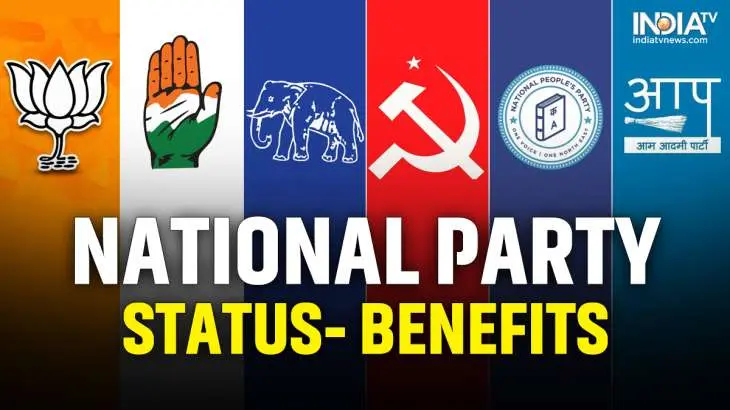
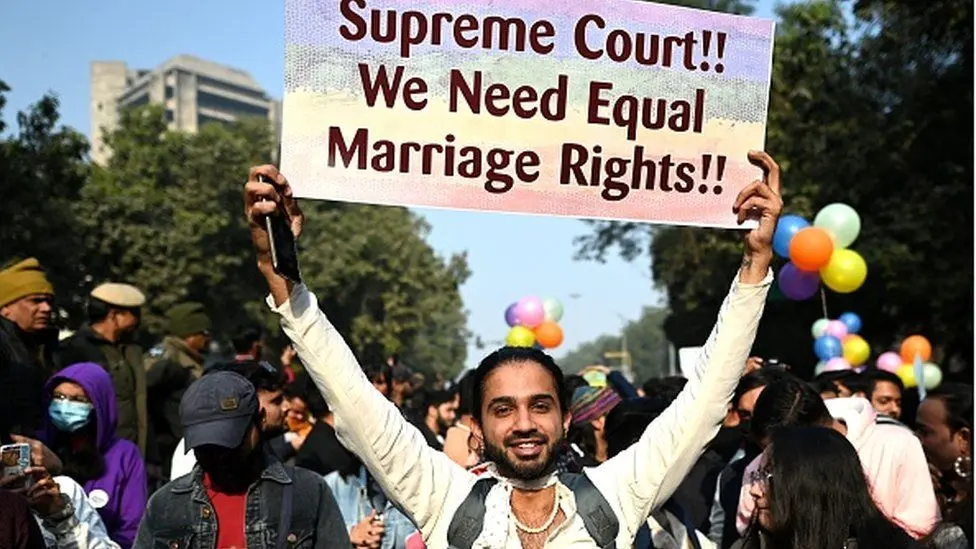
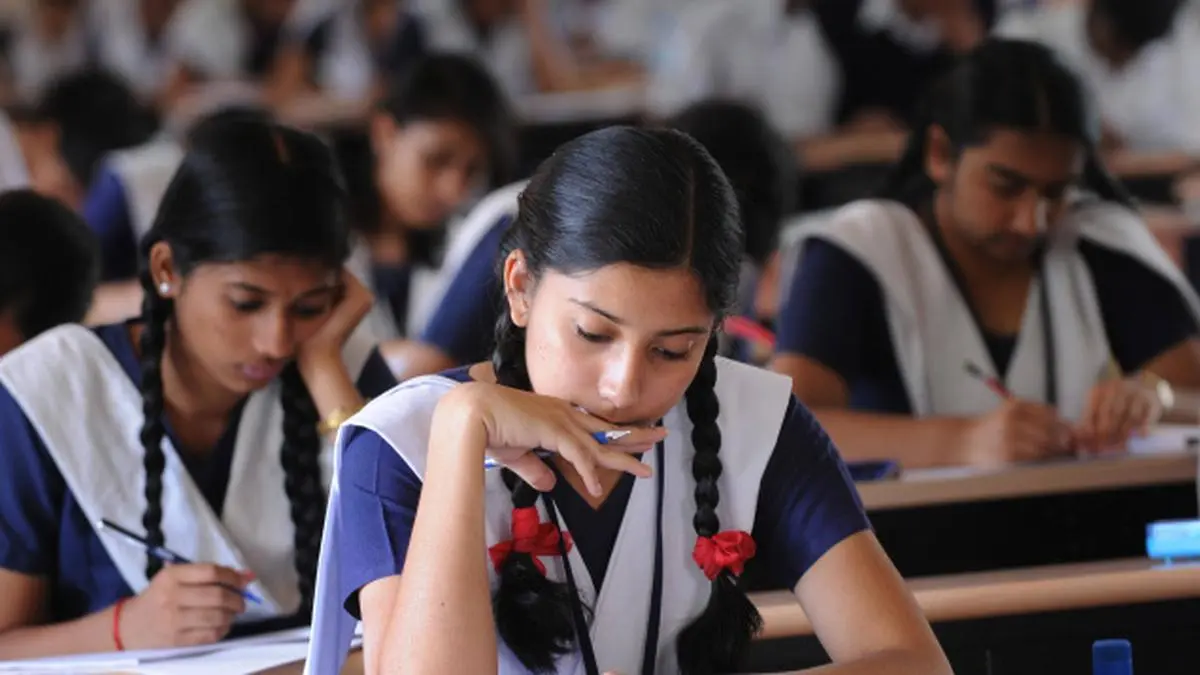
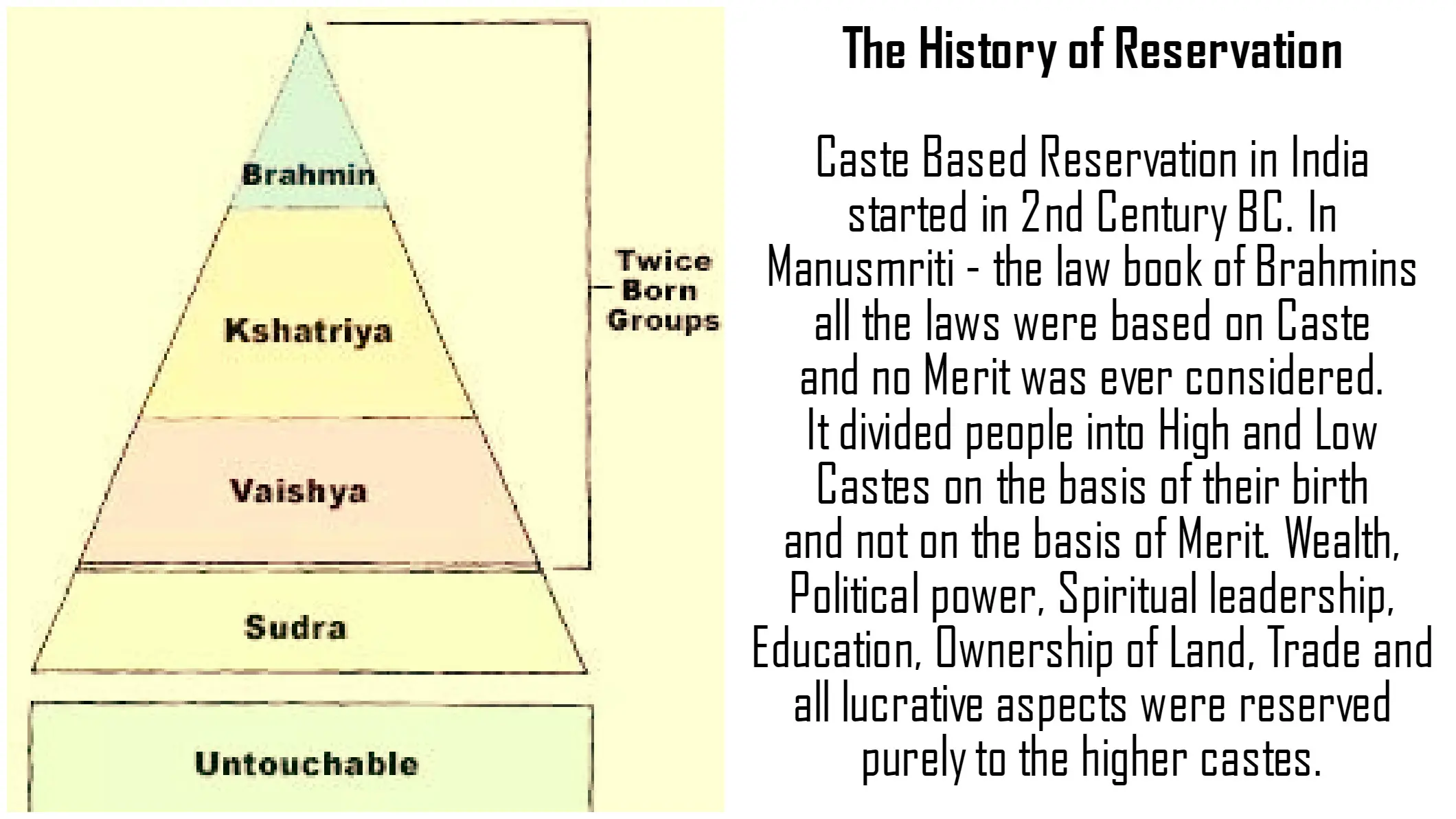
Comments
Login To Comment
Recent Comments